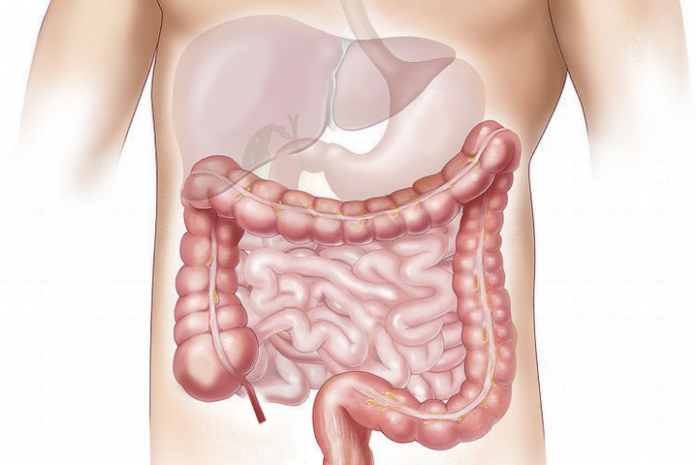Last Updated on December 20, 2020
© pixabay Ischemic colitis is a common cause of stomach distress that might strike abruptly. However, certain silent signs can reveal this condition and help you treat it as early as possible. Ischemic colitis happens when the blood flow to part of the colon, or large intestine is decreased, which is usually an aftermath of blocked or narrowed blood vessels. And when the blood flow is decreased, the cells in your digestive system don’t receive enough oxygen, thus leading to symptoms like pain and bloody diarrhea. For a clearer understanding, you can imagine ischemic colitis as a heart attack or stroke that affects your gut rather than your heart or brain. In most cases, this condition affects older adults who suffer from underlying cardiovascular problems. However, the disease can also affect younger patients due to risk factors such as constipation and drug use. Moreover, ischemic colitis can come with pain and might damage your large intestine (colon). While this condition can affect any part of the colon, it usually causes pain, specifically on the left side of the abdomen. The biggest problem with ischemic colitis, however, is that it’s likely to be misdiagnosed since the symptoms of ischemic colitis are very similar to other digestive issues. Fortunately, ischemic colitis can sometimes heal on its own, but other times, the patient might need medication to treat ischemic colitis or prevent infection. And in case the colon has been damaged, surgery may be necessary. Here are 6 silent signs of ischemic colitis that experts want you to know.































